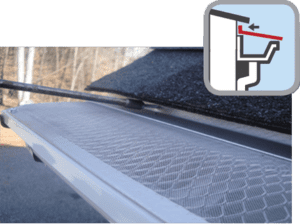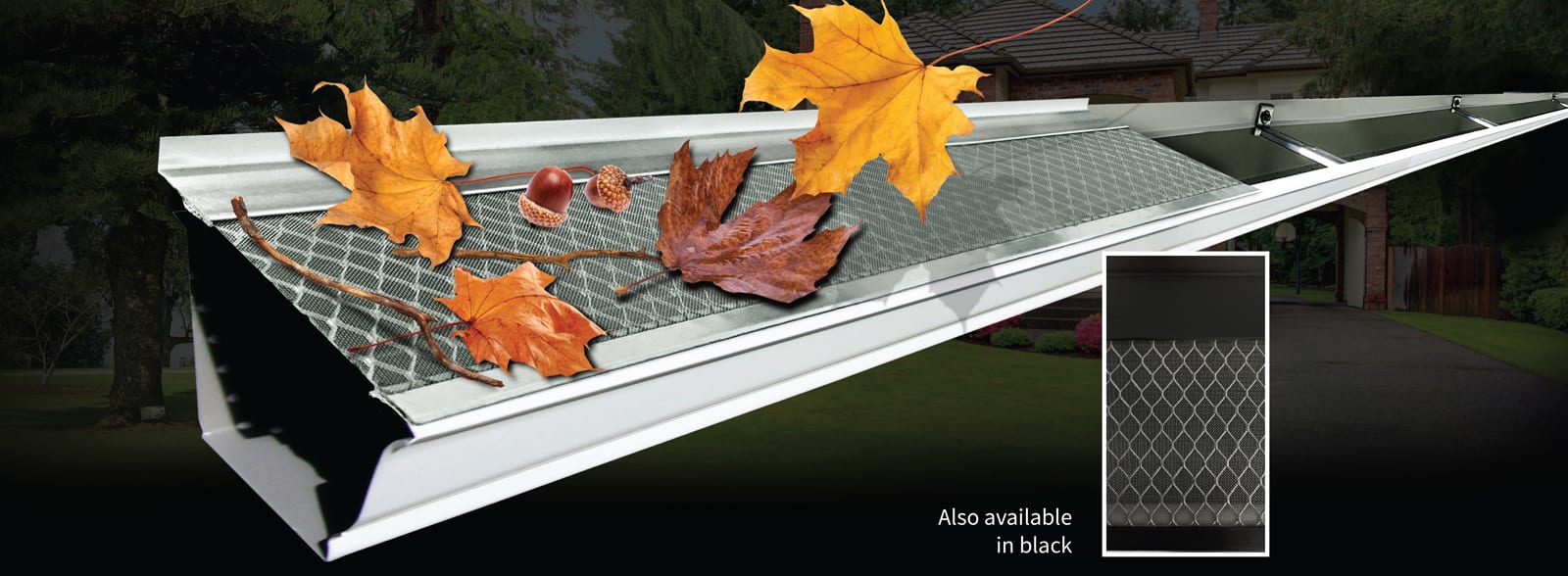Water in the basement? A simple gutter trick could fix your problems.
 Last year, Iowa saw its wettest year on the books since the state began keeping records in 1895. And this year, forecasters say we’re on track to keep up the pace. That means your gutters will be working overtime, and for homeowners who’ve been putting off maintenance or repairs, it could mean a leaky basement, mold problems or worse.
Last year, Iowa saw its wettest year on the books since the state began keeping records in 1895. And this year, forecasters say we’re on track to keep up the pace. That means your gutters will be working overtime, and for homeowners who’ve been putting off maintenance or repairs, it could mean a leaky basement, mold problems or worse.
Where the Water Goes
It’s easy to overlook how important your gutters are until something goes wrong. When they work properly, they keep rain and snow from traveling into your house and pooling around your foundation. But when they don’t, they can wreak havoc on your home, sending you scrambling for answers.
We can’t tell you how many times homeowners have come to us saying they’ve tried everything to fix their leaky basement, only to learn that the solution all along was grabbing a pair of gloves, getting up on that ladder and cleaning out their gutters.
Guard Against the Maple Uprising
 In the spring, maple trees let loose a tide of winged seeds that helicopter their way into any nook and cranny they can find. Open gutters filled with dirt, debris and plenty of water are one of their favorite places to hide—take a drive around your neighborhood, and more likely than not, you’ll find houses with tiny sprouts shooting up around the roofline.
In the spring, maple trees let loose a tide of winged seeds that helicopter their way into any nook and cranny they can find. Open gutters filled with dirt, debris and plenty of water are one of their favorite places to hide—take a drive around your neighborhood, and more likely than not, you’ll find houses with tiny sprouts shooting up around the roofline.
Debris like this is more than just an eyesore—it can cause serious damage to your home by clogging your gutters. When this happens, water that would normally travel safely through your gutters ends up spilling out into your walls and down to your basement. Over time, as water that should have been diverted accumulates, you risk serious
damage to your foundation, mold and mildew growth, and even mosquito or house centipede infestations.
A Dose of Prevention
If you have open gutters, don’t skip out on maintenance. Clean them thoroughly twice a year in the spring and fall to make sure there’s nothing obstructing the flow of water. To clean them out, use a trowel to scoop out big debris like twigs, leaves and those maple whirligigs, and flush out any small debris with a garden hose.
An Easier Alternative

Gutter cleaning is a notoriously gross chore, but thankfully you can cut back on maintenance by installing gutter covers and screens that prevent debris from finding its way in. These can be added to new or existing gutters, so you don’t need to replace your entire system to get this convenient feature.
Just keep in mind that while these will drastically reduce the amount of cleaning you need on your gutters, they’re not a get-out-of-jail-free card. We still recommend checking on them every few years to make sure no clever leaves have found their way past the guards and into your gutters.
Long-term Prevention
For damaged gutters and gutters that were installed incorrectly (for instance if the pitch is off, or if the hangers aren’t spaced properly), maintenance will only go so far. We often encounter gutters that have been repaired by the homeowners themselves that do more harm than good. This is especially true of old houses where large sections of the gutters have been replaced piecemeal.
A top-of-the-line gutter system that’s installed correctly should last your home 20 – 30 years, provided it’s properly maintained. If you’re not sure how old your current gutters are, consider replacing the whole system if you notice them pulling away from your roof, excessive sagging, a large amount of rust or cracks, or if you’re experiencing recurring basement flooding that isn’t remedied by cleaning.
What does a new gutter system cost?
 That will depend on the size of your home, the materials you pick, and other features you may choose to add. Some homeowners opt to add rain chains, rain barrels to collect water, or tile adapters that send water from your gutters to areas of your lawn to make caring for your landscape easier.
That will depend on the size of your home, the materials you pick, and other features you may choose to add. Some homeowners opt to add rain chains, rain barrels to collect water, or tile adapters that send water from your gutters to areas of your lawn to make caring for your landscape easier.
Tri-County offers a complementary, no-pressure estimate and consultation to determine the price of a new gutter system (or just gutter guards) and go over your options. Get started online, and we’ll get in touch over email or phone—whichever you prefer.
